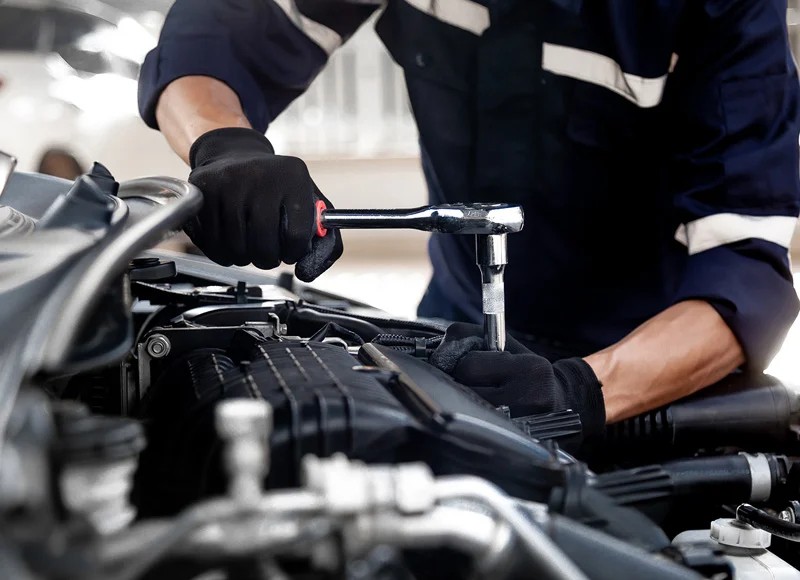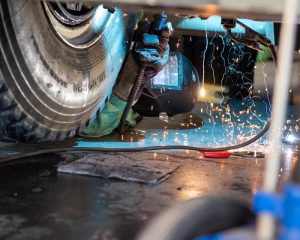The Link Between Air Vent Condition and Fuel Efficiency
Air vents play an important role in a car’s climate control system. They guide airflow inside the cabin to keep passengers comfortable. When air vents are in poor condition airflow can be restricted. This restriction causes the air conditioning system to work harder than necessary. A harder-working AC system uses more energy from the engine. This extra energy consumption indirectly lowers fuel efficiency. Maintaining clean and well-functioning air vents can help improve fuel economy. Professional services offer different tiers of maintenance to address vent issues. This article explores how vent condition affects fuel use and describes service options.
How Poor Airflow Increases Engine Load
Air vents that are dirty or blocked limit the amount of air circulating inside the car. When airflow is reduced the AC system needs to increase its effort to reach the desired temperature. This increased effort places extra load on the engine which powers the AC compressor. The engine uses more fuel to supply the additional power needed for cooling. The harder the engine works the less fuel efficient the car becomes. Therefore clean and clear air vents reduce the energy demand of the AC system. Maintaining good airflow helps the engine run smoothly with less fuel consumption. Choosing the European Auto Repair in Puyallup, WA based service is essential here.
Service Tiers for Air Vent Maintenance
Different service tiers address the condition of air vents based on severity and client needs. The basic tier involves cleaning the vents to remove dust and debris that block airflow. This cleaning restores free passage for air which lowers AC workload. The intermediate tier includes cleaning plus inspection and minor repairs of vent components. This service ensures vents open and close properly for better air direction and flow. The advanced tier combines thorough vent cleaning with filter replacement and duct disinfection. This comprehensive care eliminates odors and bacteria that may impact air quality. Each tier provides progressively more detailed maintenance for healthier airflow and engine efficiency.
Benefits of Proper Vent Maintenance
Maintaining clean air vents reduces strain on the car’s cooling system and engine. Improved airflow allows the AC system to cool the cabin using less power from the engine. Less engine load translates to lower fuel consumption during driving. This also helps reduce wear and tear on the AC system which extends its lifespan. A well-maintained vent system contributes to a quieter and more comfortable ride. Drivers benefit from better fuel economy and fewer repairs related to ventilation issues. Regular servicing protects both air quality and vehicle performance.
Conclusion
Air vent condition directly influences the effort required by the AC system to cool the cabin. Dirty or blocked vents increase engine load and reduce fuel efficiency. Regular maintenance restores proper airflow which helps the engine run with less fuel. Service tiers from basic cleaning to advanced care address various vent issues and client needs. Keeping air vents clean and functional improves fuel economy and prolongs system life. Choosing the right maintenance level ensures the best care for both the vents and the vehicle’s fuel performance. Proper vent care supports a comfortable ride while helping save fuel.




